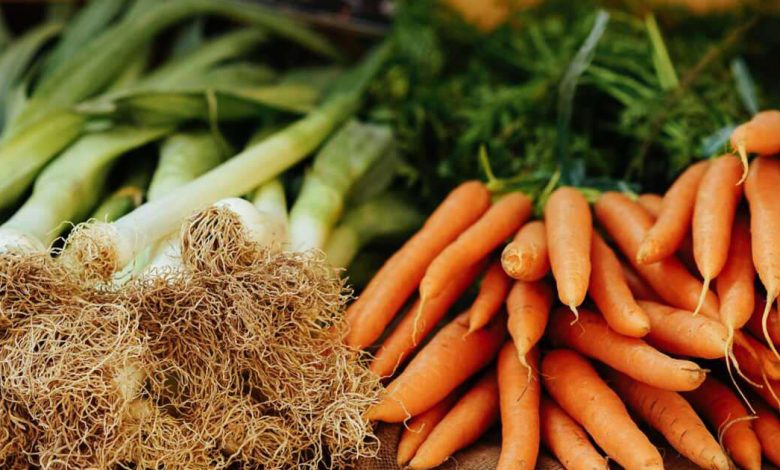Product reminder: this winter vegetable containing too many pesticides should not be consumed

You will love these velvety soups with a good autumn taste, these delicious fried vegetables or even its comforting gratins. In winter, pumpkin is the main dish in the early season and on our plates. Indeed, when temperatures drop, resist the call of this tasty squash, which is served from starter to dessert. But if you have bought this vegetable in recent weeks, be careful! Pumpkins sold in brands such as Grand Fresh, Fresh or Marché Savoyard are currently the subject of a recall procedure. The reason? They would contain levels of pesticide residues above the authorized thresholds.
The brands therefore call on their customers not to consume this product and to bring it back to a point of sale as quickly as possible to obtain a refund.
What is the recalled product?
The product subject to this recall procedure is a pumpkin of French origin sold in bulk. It was marketed between December 18 and 28 in the Grand Fresh, Fresh, Marché Savoyard, Cerise and Pumpkin outlets. Reminder posters will be displayed in the affected stores.
What are the risks?
This pumpkin is recalled because it contains too many pesticides in relation to health standards, which may constitute a danger for the consumer. Especially since pumpkin is a squash that can be consumed with the skin, unlike pumpkin. As we know, pesticides are often found in large numbers on fruit and vegetable skins.
For your information, a maximum residue limit (MRL) is established by European regulations for each fruit, vegetable or cereal. Maximum Residue Limits (MRLs) are the highest levels of pesticide residues legally authorized in or on food. “The MRLs are set so as to remain well below the toxicological thresholds […] The studies conducted by the European Food Safety Authority (EFSA) and the French Agency for Health Safety (ANSES) also indicate that the intake of residues of plant protection products remains well below the acceptable daily intake and that there is therefore no risk of toxicity for the consumer”, reassures the Ministry of Agriculture on its website. But as a precautionary measure, it is better not to consume this pumpkin.












